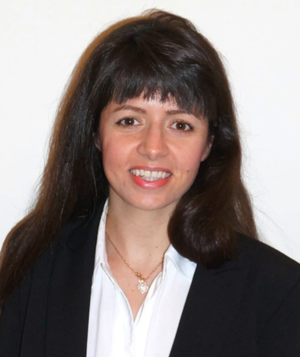Mass Eye and Ear, Harvard Medical School
Targeting epigenetics to restore hair cells
Most commonly, deafness is due to loss of cochlear sensory hair cells, which can occur because of genetic diseases, loud noise, certain drugs, or aging, and it can also result in the development of sometimes disabling ringing in the ear (tinnitus) and sound sensitivity (hyperacusis). Balance disorders similarly arise from loss of respective sensory hair cells in the inner ear vestibular organ. Treatments aimed at reversing hearing loss by stimulating the recovery of hair cells are greatly needed. The death of these hair cells in the ear is permanent because the inner ear loses its ability to replenish lost cells once it has matured, which occurs shortly after birth in mice and in the fetus in humans. To reestablish this potential and to recover lost hair cells, this project uses a novel technology to reprogram stem cells from the inner ear to turn into hair cells. This has pointed to a new candidate drug target, lysine-specific demethylase 1 (Lsd1), an epigenetic regulator that appears to be at least partly responsible for this loss of regenerative capacity. By targeting Lsd1, this project will study its role in the formation of hair cells and investigate its potential as a drug target for treatment of hearing loss.
















